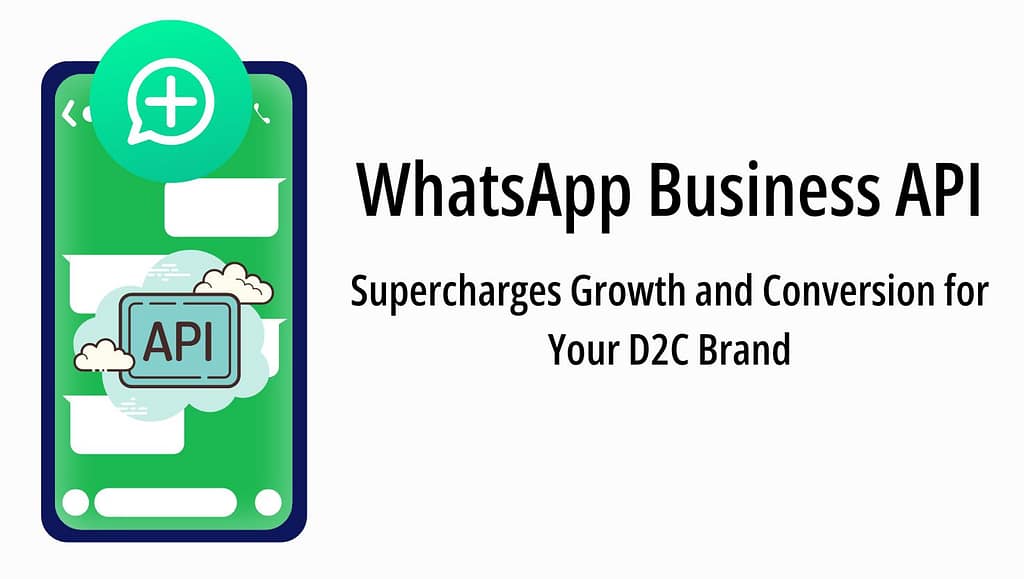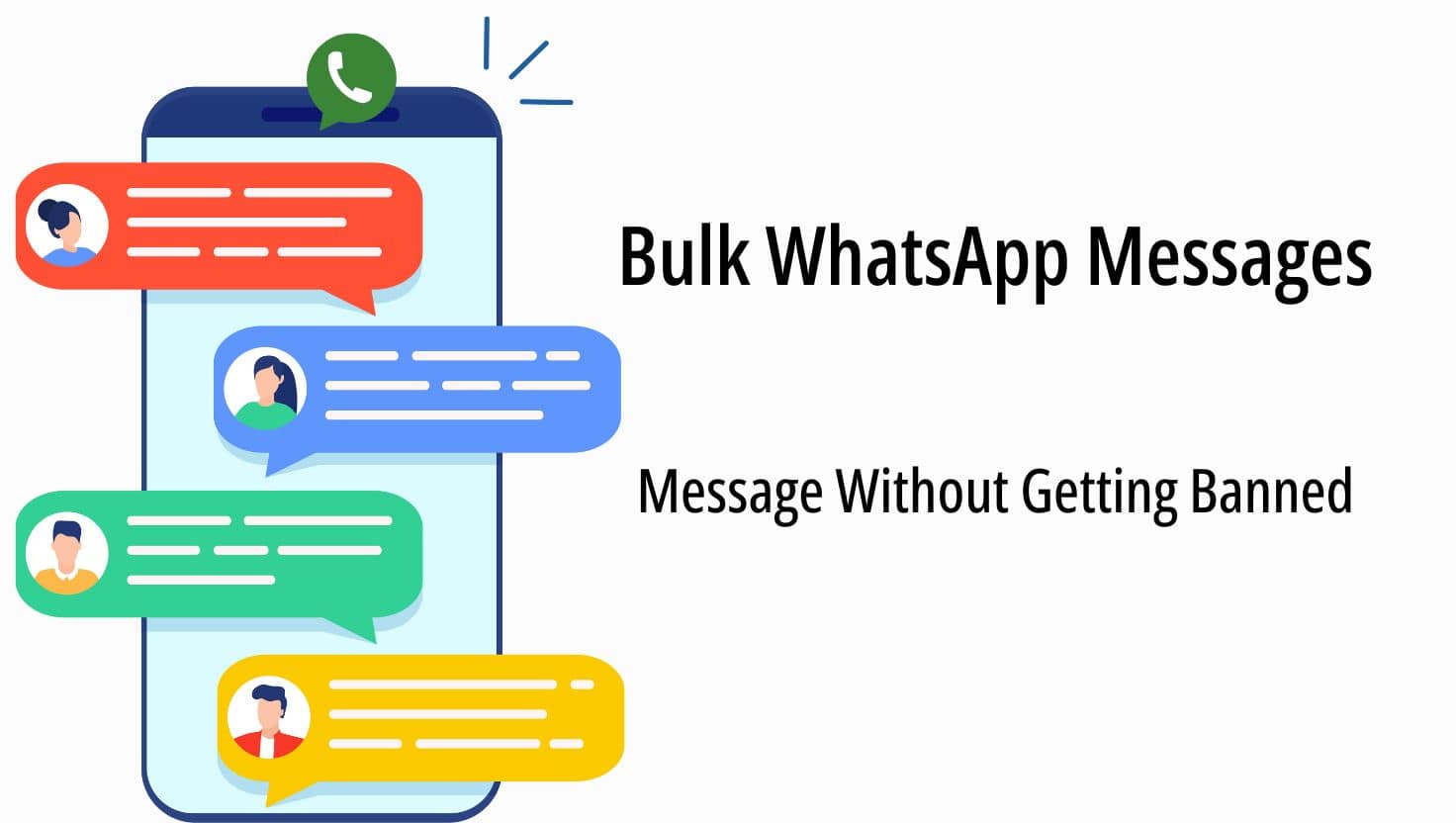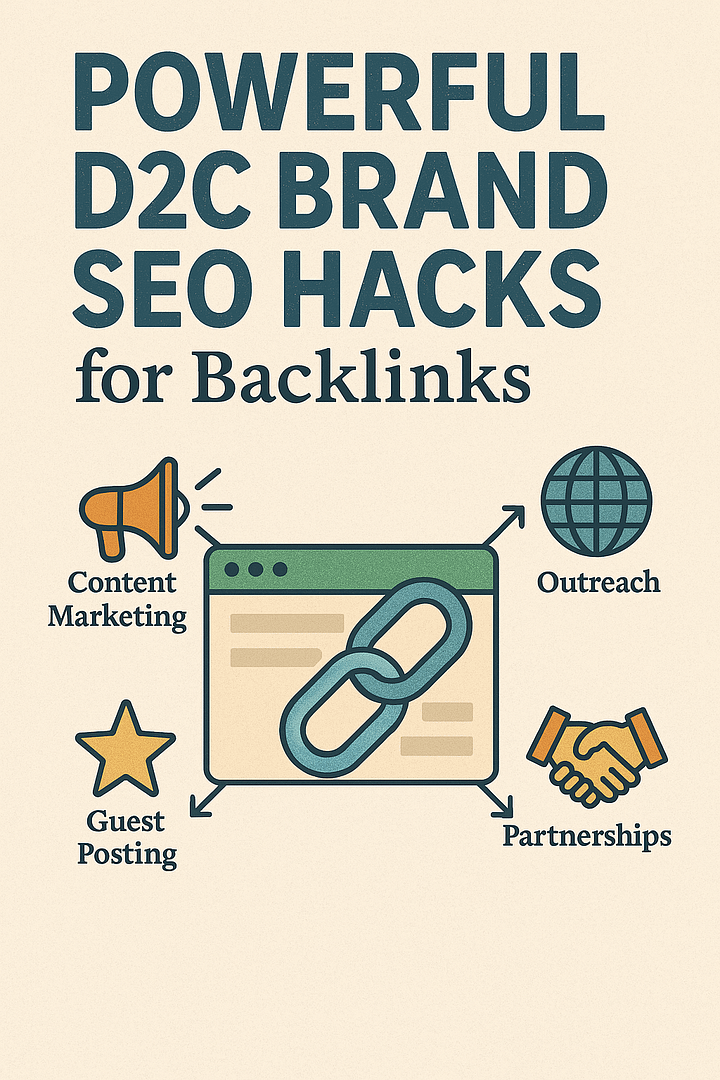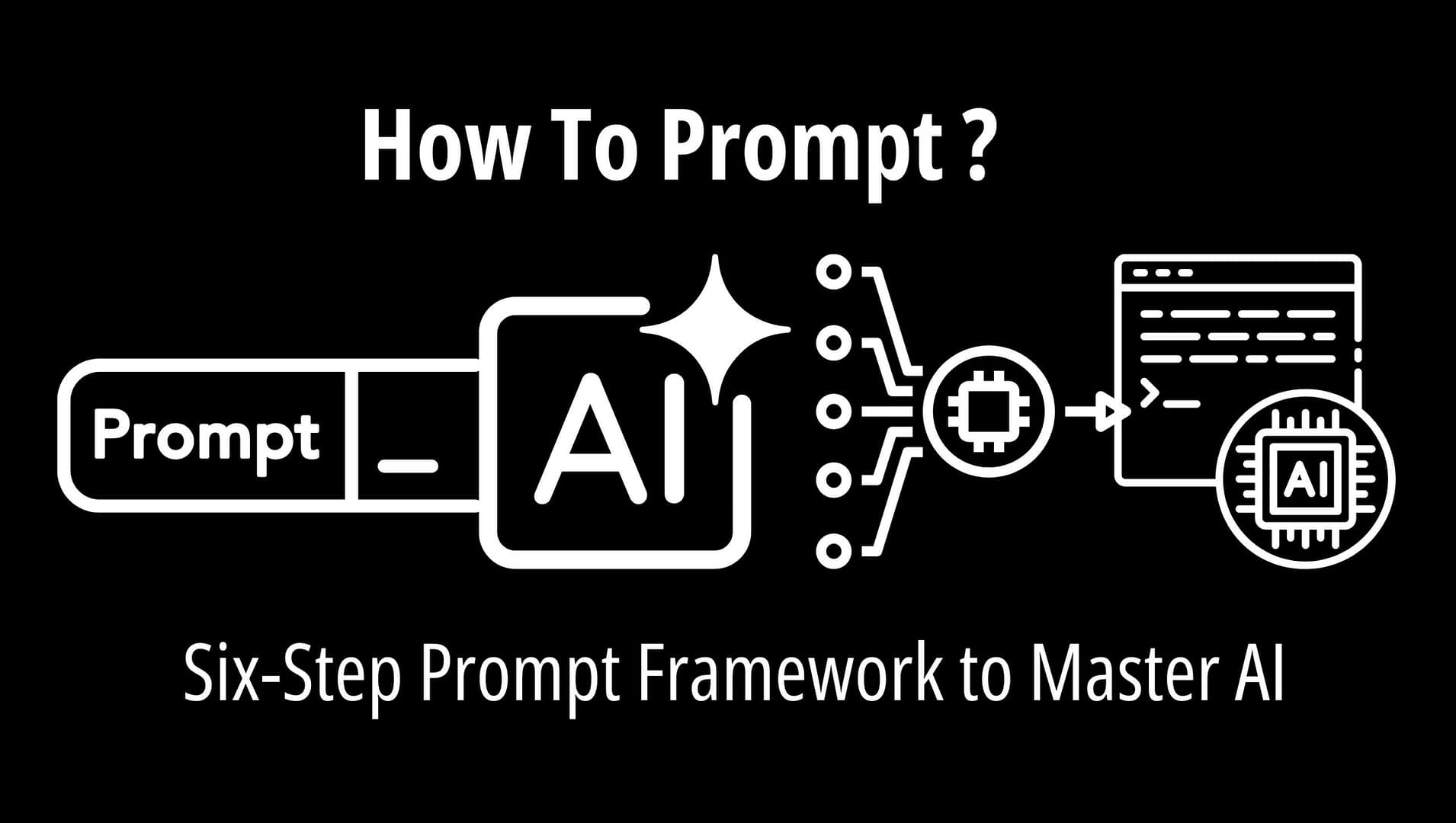WhatsApp Business API has revolutionized how D2C brands connect with customers, delivering an unprecedented 270% ROI over three years while enabling 175 million daily business interactions globally.
As traditional marketing channels struggle with declining engagement rates, the WhatsApp Business API for D2C brands emerges as the ultimate growth catalyst, combining enterprise-grade functionality with the intimacy of personal messaging to drive exceptional conversion rates and customer loyalty.
What is WhatsApp Business API and Why D2C Brands Need It Now
The WhatsApp Business API represents the enterprise-grade evolution of WhatsApp’s messaging platform, specifically designed for medium to large businesses requiring sophisticated automation, multi-user access, and seamless integration capabilities. Unlike the basic WhatsApp Business app, the API unlocks advanced features that D2C WhatsApp strategies demand in today’s competitive landscape.

Architectural diagram showcasing WhatsApp Business API integration with AWS services and eCommerce for enhanced messaging and automation
With 3.2 billion projected users by 2025 and 98% message open rates, the WhatsApp Business API provides D2C brands with unparalleled reach and engagement. This platform delivers 30% higher customer response rates and 20% improved customer loyalty compared to traditional communication channels, making it essential for brands seeking sustainable growth.
Key Differentiators for D2C Success
Enterprise-Grade Scalability: Handle thousands of simultaneous conversations while maintaining personalization at scale, crucial for growing D2C operations.
Advanced Integration Capabilities: Connect seamlessly with e-commerce platforms, CRM systems, and marketing automation tools to create unified customer experiences.
Regulatory Compliance: Built-in features ensure compliance with global data protection laws and WhatsApp’s commerce policies, protecting your business reputation.

WhatsApp Business API delivers exceptional growth and conversion metrics for D2C brands in 2025
Revolutionary 2025 Updates: Enhanced Features for D2C Growth
The WhatsApp Business API has undergone significant enhancements in 2025, introducing game-changing features that directly address D2C brand challenges and opportunities.
Dynamic Conversation Flows Transform Customer Journeys
Modern WhatsApp business marketing leverages dynamic conversation flows that adapt based on customer responses, creating personalized experiences that drive higher conversions. These intelligent workflows eliminate static scripts, enabling natural conversations that feel authentic while maintaining automation efficiency.
Behavioral Intelligence: Flows automatically adjust based on customer purchase history, browsing patterns, and previous interactions.
Real-Time Optimization: AI-powered systems continuously refine conversation paths based on performance data and customer feedback.
Integrated Payment Solutions Streamline Commerce
The 2025 expansion of in-app payment capabilities to key markets including India, Brazil, and Southeast Asia enables WhatsApp Business API for D2C brands to create seamless shopping experiences. Customers can now browse, inquire, and purchase—all within WhatsApp, eliminating friction points that traditionally cause cart abandonment.

Customer acquisition dashboard showing marketing funnel metrics and conversion data for HubSpot across time and geography
Advanced Template Options Drive Higher Engagement
Enhanced message templates now support interactive elements including image carousels, video previews, and dynamic buttons. These rich media formats increase engagement rates and provide D2C brands with powerful tools to showcase products and drive immediate action.
WhatsApp Automation for D2C Brands: Unlock Sales and Engagement in 2025
Proven ROI: Real D2C Brand Success Stories
Tata CLiQ: 10x ROI Through Strategic WhatsApp Implementation
India’s leading e-commerce platform Tata CLiQ achieved remarkable 10x ROI and 57% click-through rates by implementing comprehensive D2C WhatsApp strategies. The brand started with transactional messaging for order updates, then expanded to personalized promotional campaigns based on customer preferences and purchase history.
Implementation Strategy: Progressive rollout starting with utility messages, followed by targeted promotional campaigns based on customer segmentation.
Key Results: 10x return on investment, 57% CTR, significant boost in sales engagement and conversions.
Multinet Up: 42% More Leads Through WhatsApp Integration
Turkish meal card provider Multinet Up generated 42% more leads through WhatsApp compared to traditional marketing channels by implementing Click-to-WhatsApp Facebook ads that directed prospects to automated conversation flows.
Innovation Factor: Seamless integration between Facebook advertising and WhatsApp conversations, creating immediate engagement opportunities.
Measurable Impact: 7% of WhatsApp prospects converted to paying customers, demonstrating superior lead quality.
HDFC: 13,000 Qualified Leads in Under 12 Months
Banking leader HDFC generated 13,000 high-quality leads in under 12 months using innovative WhatsApp spot offer campaigns. Their automated questionnaire system achieved 25% completion rates, far exceeding traditional form conversion rates.

Advertising funnel dashboard with detailed revenue, cost metrics, and stage-wise visibility, engagement, and conversion data
Strategic Approach: Menu-driven conversation flows that pre-qualified prospects through automated questions before human agent handoff.
Exceptional Results: 85,000 new monthly conversations, 25% questionnaire completion rate, 13,000 qualified leads within first year.
WhatsApp Business API vs Traditional Channels: The Performance Gap
The superiority of WhatsApp business marketing becomes evident when examining performance metrics across channels. While email marketing struggles with 20-22% open rates, the WhatsApp Business API consistently delivers 98% open rates and 45-60% conversion rates.
Engagement Metrics Comparison
WhatsApp Business API: 98% open rates, 45-60% conversion rates, 40% response rates
Email Marketing: 21% open rates, 2-5% conversion rates, 6% response rates
SMS Marketing: 85% open rates, 3-8% conversion rates, 8% response rates
Customer Behavior Insights
Rapid Response Times: 95% of WhatsApp messages are read within 3 minutes in key markets like India, enabling real-time customer engagement.
Higher Engagement Quality: 83% of users open WhatsApp daily and spend 30+ minutes in the app, providing multiple touchpoint opportunities.
Superior Retention: Companies selling exclusively through WhatsApp report 68% repeat customer rates, significantly higher than traditional e-commerce platforms.

Conversion funnel analysis example for e-commerce showing user drop-offs at each stage from landing page visits to transaction completion
2025 Pricing Revolution: What D2C Brands Need to Know
The WhatsApp Business API underwent major pricing changes on July 1, 2025, transitioning from conversation-based to per-message billing. This shift provides greater cost transparency and control for D2C brands planning their communication strategies.
New Pricing Structure Benefits
Free Service Conversations: All inbound conversations within the 24-hour customer service window remain completely free, making customer support cost-effective.
Template Message Billing: Marketing, utility, and authentication templates are now charged per message, enabling precise budget control and ROI measurement.
Geographic Flexibility: Pricing varies by recipient country, not business location, allowing strategic campaign optimization based on market economics.
Cost Optimization Strategies
Leverage Free Windows: Maximize value from customer-initiated conversations by responding with comprehensive support and upselling opportunities.
Strategic Template Usage: Plan marketing campaigns using data-driven insights to ensure each message delivers measurable value.
Volume Discounts: Take advantage of tiered pricing for utility and authentication messages to reduce overall costs at scale.

WhatsApp Business messaging costs compared by country in USD and South African Rand for marketing and utility messages
Implementation Roadmap: Getting Started with WhatsApp Business API
Phase 1: Foundation Setup (Weeks 1-2)
Business Solution Provider Selection: Choose certified BSPs like Interakt, Gallabox, or AiSensy based on your integration needs and budget requirements.
Account Verification: Complete WhatsApp’s business verification process, including documentation submission and phone number verification.
Green Tick Application: Apply for verified business status to enhance credibility and improve customer trust.
Phase 2: Integration and Automation (Weeks 3-4)
E-commerce Platform Connection: Integrate with Shopify, WooCommerce, or custom platforms for automated order confirmations and shipping notifications.
CRM Synchronization: Connect customer databases to enable personalized messaging based on purchase history and preferences.
Basic Chatbot Deployment: Implement automated responses for common inquiries to reduce support team workload.
Phase 3: Advanced Optimization (Weeks 5-8)
Segmentation Implementation: Create detailed customer segments based on behavior, geography, and lifecycle stage for targeted campaigns.
Abandoned Cart Recovery: Deploy sophisticated sequences that recover up to 70% of abandoned carts through strategic timing and personalization.
Performance Analytics: Establish comprehensive measurement frameworks to track ROI, engagement rates, and conversion optimization opportunities.

Comparison chart of WhatsApp Business App, WappBS, and WhatsApp Business API showcasing features, setup difficulty, and cost distinctions
Advanced D2C WhatsApp Strategies for Maximum Impact
Interactive Product Catalogs Drive Commerce
Modern WhatsApp Business API for D2C brands leverages interactive catalogs that showcase products directly within conversations. This approach eliminates the need for customers to leave the messaging environment, reducing friction and improving conversion rates.
Dynamic Recommendations: AI-powered systems suggest relevant products based on browsing history and similar customer preferences.
Visual Commerce: Rich media templates enable immersive product presentations with high-resolution images and detailed descriptions.
Personalized Customer Journey Orchestration
Sophisticated automation platforms create dynamic customer journeys that adapt based on real-time behavior and preferences. These systems ensure every interaction feels personal while operating at enterprise scale.
Lifecycle Stage Targeting: Customize messaging based on customer maturity—new leads receive educational content while loyal customers get exclusive offers.
Behavioral Triggers: Automated responses to specific actions like website visits, email opens, or app downloads create timely, relevant engagement.
Multi-Channel Integration Excellence
Leading D2C WhatsApp strategies integrate WhatsApp with broader marketing ecosystems to create seamless omnichannel experiences. This approach maximizes customer lifetime value while reducing acquisition costs.
Social Media Synergy: Coordinate WhatsApp campaigns with Instagram, Facebook, and TikTok initiatives for consistent brand messaging.
Email and SMS Orchestration: Use WhatsApp as the primary engagement channel while leveraging email and SMS for specific use cases and backup communication.
Measuring Success: Essential KPIs for WhatsApp Business API ROI
Primary Performance Indicators
Conversion Rate Optimization: Track improvements from baseline email conversion rates (2-5%) to WhatsApp levels (45-60%).
Customer Acquisition Cost: Monitor CAC reduction through improved lead quality and faster sales cycles enabled by real-time communication.
Customer Lifetime Value: Measure CLV improvements driven by enhanced retention rates and increased purchase frequency.
Secondary Success Metrics
Response Time Improvements: Track reductions in average response times and their impact on customer satisfaction scores.
Support Ticket Reduction: Measure automation effectiveness through decreased support volume and improved agent efficiency.
Cart Recovery Rates: Monitor abandoned cart recovery improvements, targeting the 70% recovery rate achieved by leading implementations.
Looking Ahead: Future of WhatsApp Business API for D2C
AI Integration Advances
Emerging AI capabilities will enable even more sophisticated personalization and predictive customer engagement. Machine learning algorithms will anticipate customer needs and proactively provide solutions, further improving conversion rates and satisfaction.
Voice Message Evolution
Advanced automation platforms are beginning to incorporate voice message capabilities, adding another dimension to customer engagement that feels more personal and immediate.
Cross-Platform Orchestration
Future developments will seamlessly coordinate customer journeys across WhatsApp, Instagram, Facebook Messenger, and other Meta properties, creating unified experiences that follow customers across their preferred platforms.
The evidence overwhelmingly supports the WhatsApp Business API as the premier growth channel for D2C brands in 2025. With 30% higher customer response rates, 20% improved loyalty, and the ability to generate 42% more leads than traditional channels, the WhatsApp Business API for D2C brands represents the most effective way to scale personalized customer relationships while driving measurable business growth.
Let’s Build Something Great Together
Have an idea, a question, or just want to explore how we can help your brand grow?
FAQs
1. What’s the key difference between WhatsApp Business App and WhatsApp Business API for D2C brands?
The WhatsApp Business API is specifically designed for scaling D2C operations, offering unlimited messaging capacity, multi-user access, and advanced automation capabilities. While the free WhatsApp Business App supports up to 256 contacts and single-user access, the API enables thousands of simultaneous conversations and seamless integration with e-commerce platforms. D2C brands typically need the API once they exceed 50-100 daily customer interactions or require sophisticated automation for cart recovery, order notifications, and personalized marketing campaigns.
2. How much does WhatsApp Business API cost for D2C brands after the July 2025 pricing changes?
WhatsApp Business API pricing transitioned to per-message billing on July 1, 2025, but includes significant cost-saving opportunities for D2C brands. All inbound customer service conversations within the 24-hour window are completely free, making support interactions cost-effective. Marketing messages typically cost $0.005-$0.15 per message depending on the recipient’s country, while utility messages (order confirmations, shipping updates) range from $0.001-$0.05. Most D2C brands report monthly costs between $200-$2,000 depending on message volume and strategy sophistication.
3. Can small D2C brands achieve significant ROI with WhatsApp Business API?
Absolutely. Even small D2C brands consistently achieve substantial returns with WhatsApp Business API for D2C brands. Case studies show companies achieving 10x ROI and 42% more leads compared to traditional channels. The key is strategic implementation—starting with automated order notifications and cart recovery, then expanding to personalized marketing campaigns. Small brands benefit from the platform’s scalability, paying only for messages sent while accessing enterprise-grade features that would otherwise require significant infrastructure investment.
4. What are the most effective D2C WhatsApp strategies for driving conversions?
The most successful D2C WhatsApp strategies focus on three core areas: abandoned cart recovery (achieving up to 70% recovery rates), personalized product recommendations based on browsing history, and strategic timing of promotional messages. Leading brands also leverage interactive catalogs within WhatsApp conversations, eliminating the need for customers to visit external websites. Additionally, implementing behavioral triggers—such as follow-up messages after email opens or website visits—creates timely engagement that converts prospects into customers at much higher rates than traditional channels.
5. How quickly can D2C brands implement WhatsApp Business API and see results?
Most D2C brands can implement WhatsApp Business API within 4-8 weeks and begin seeing positive results almost immediately. The timeline includes: Week 1-2 for Business Solution Provider setup and account verification, Week 3-4 for e-commerce integration and basic automation, and Week 5-8 for advanced features like segmentation and cart recovery. Brands typically observe immediate improvements in customer response rates and significant conversion increases within 60-90 days as automation systems mature. The key is starting with high-impact use cases like order confirmations and cart recovery while building toward more sophisticated personalization strategies.









